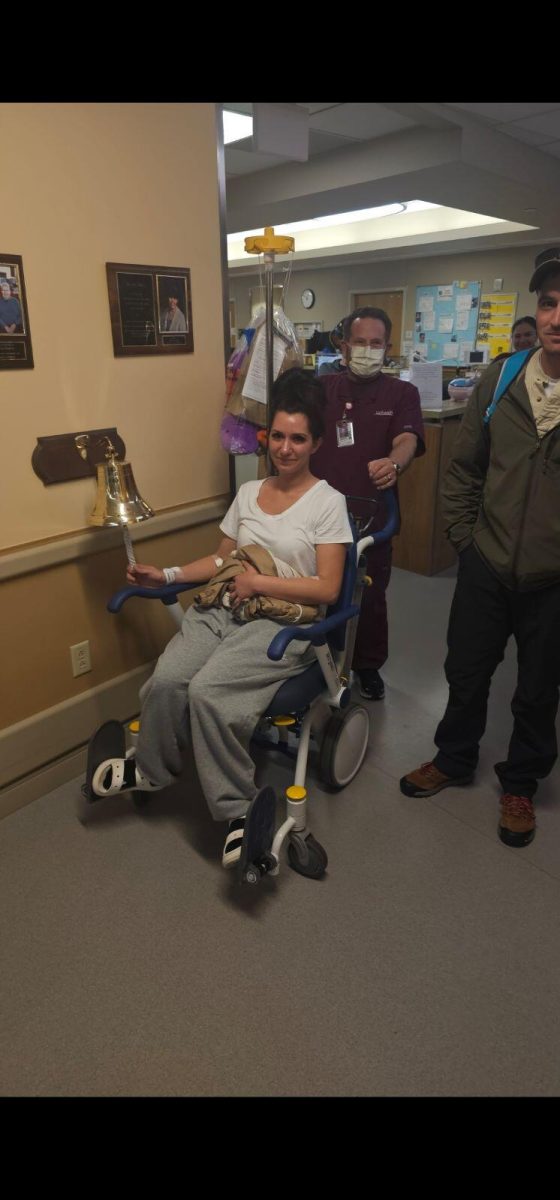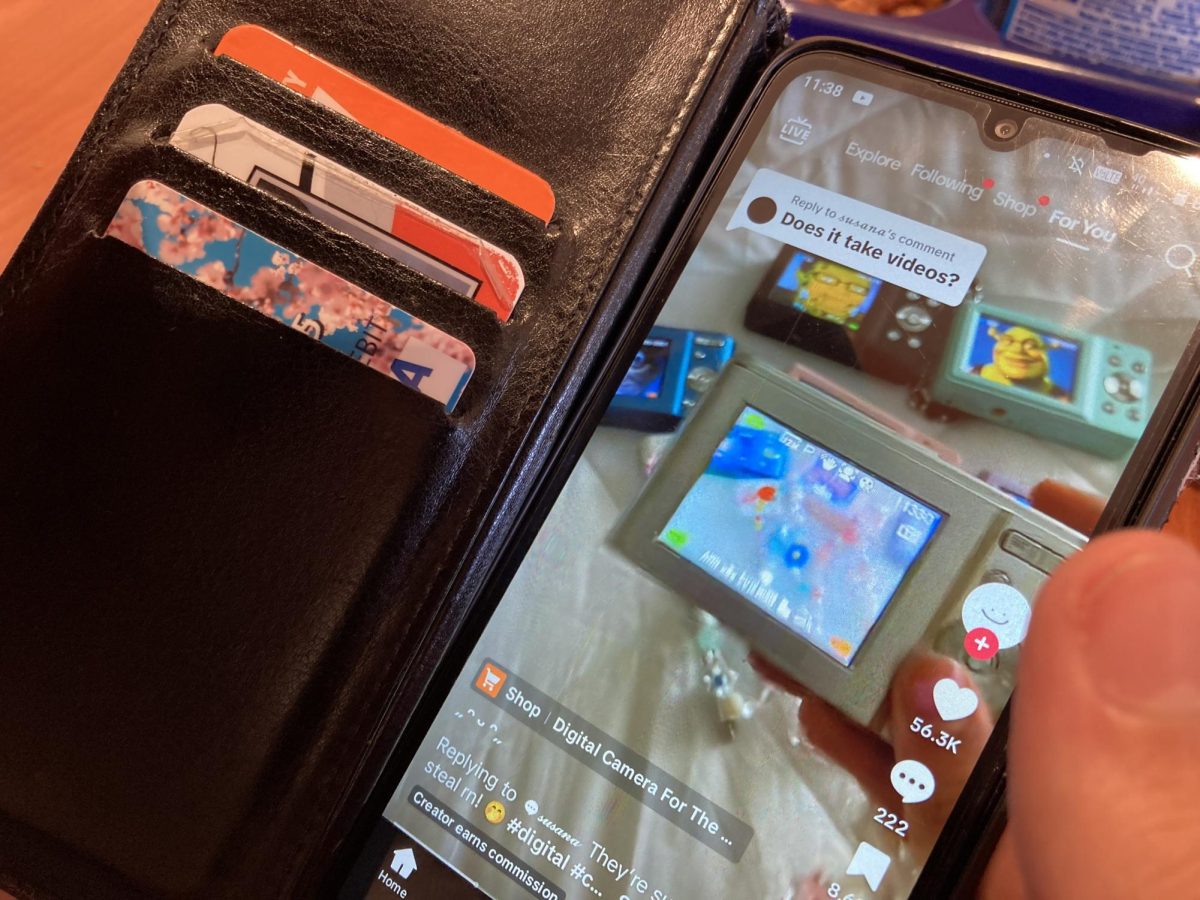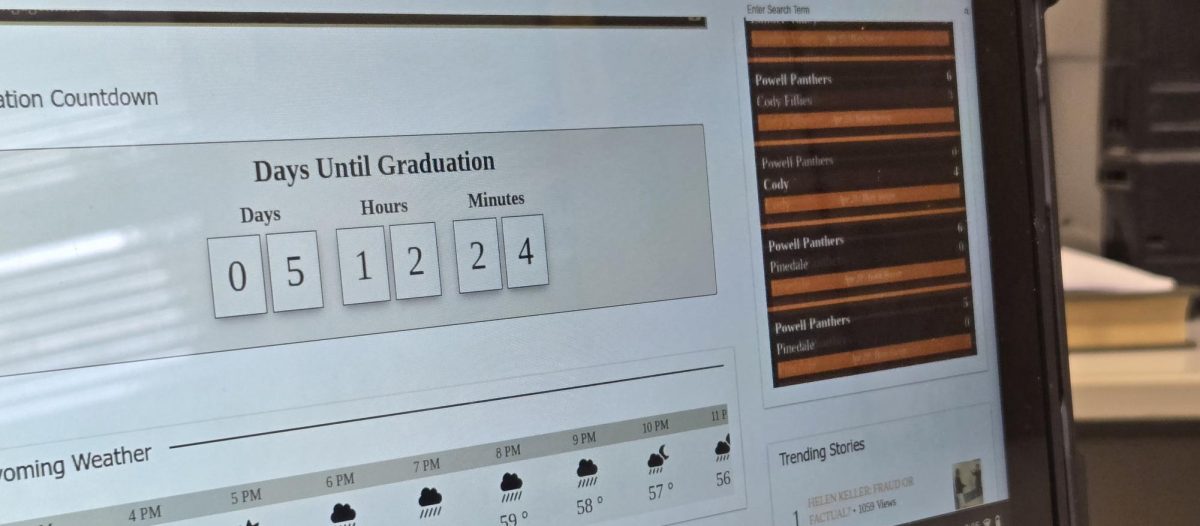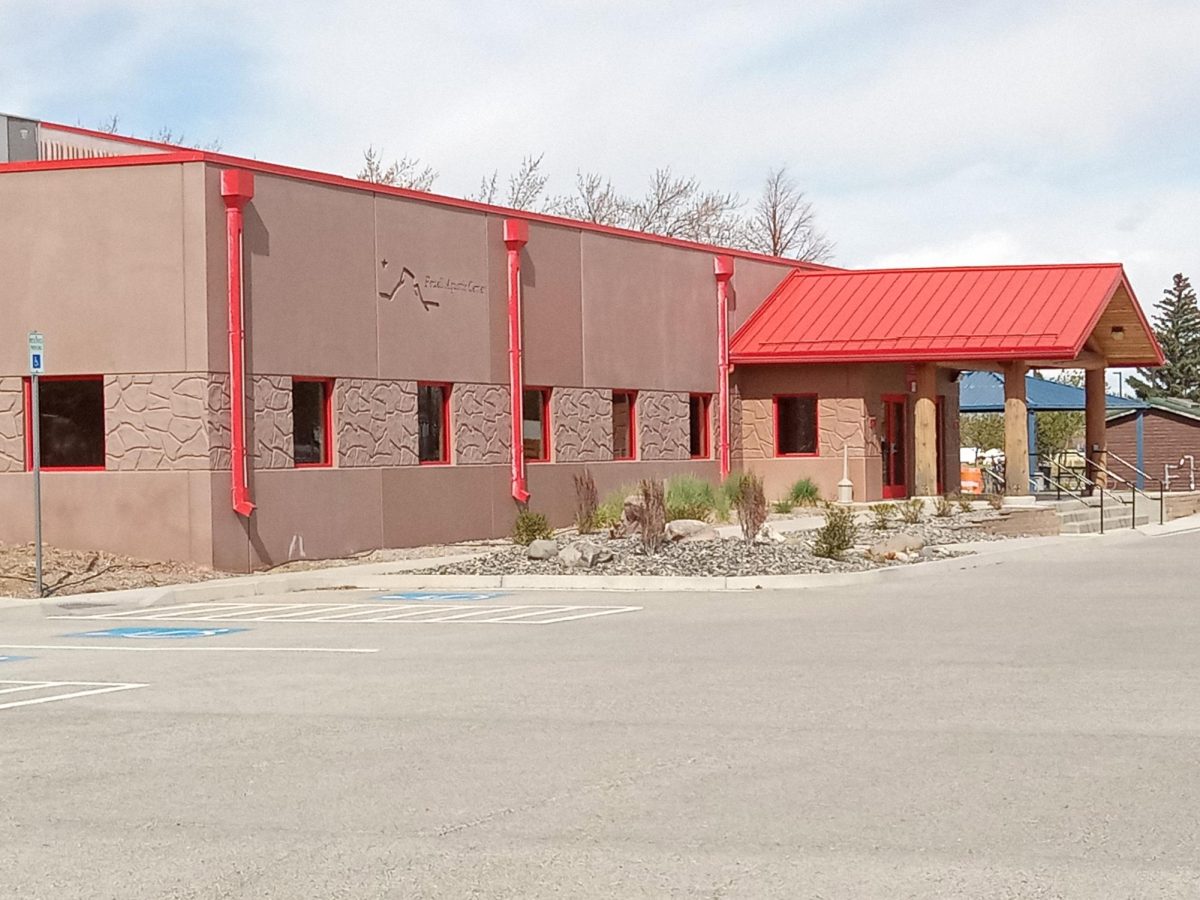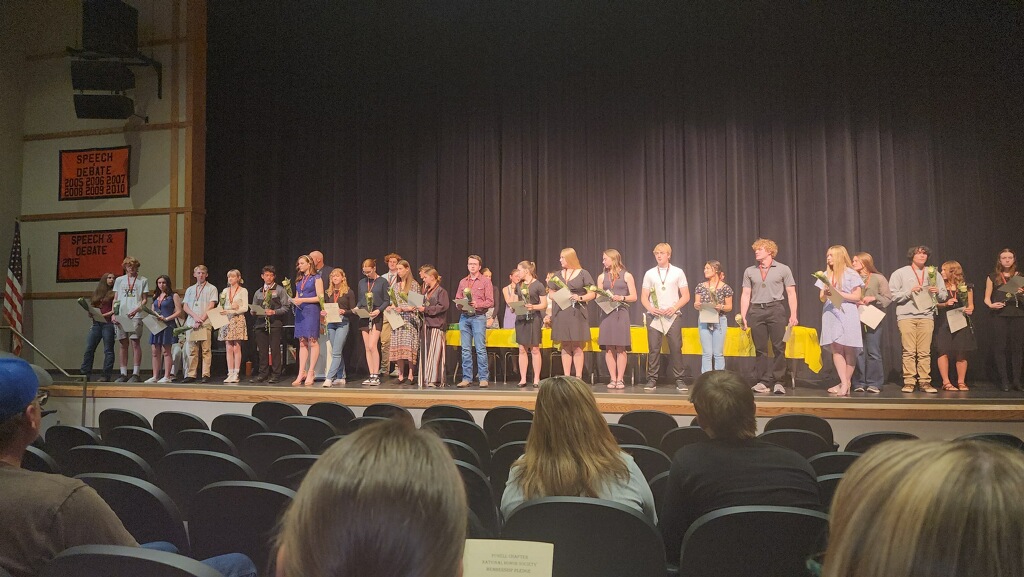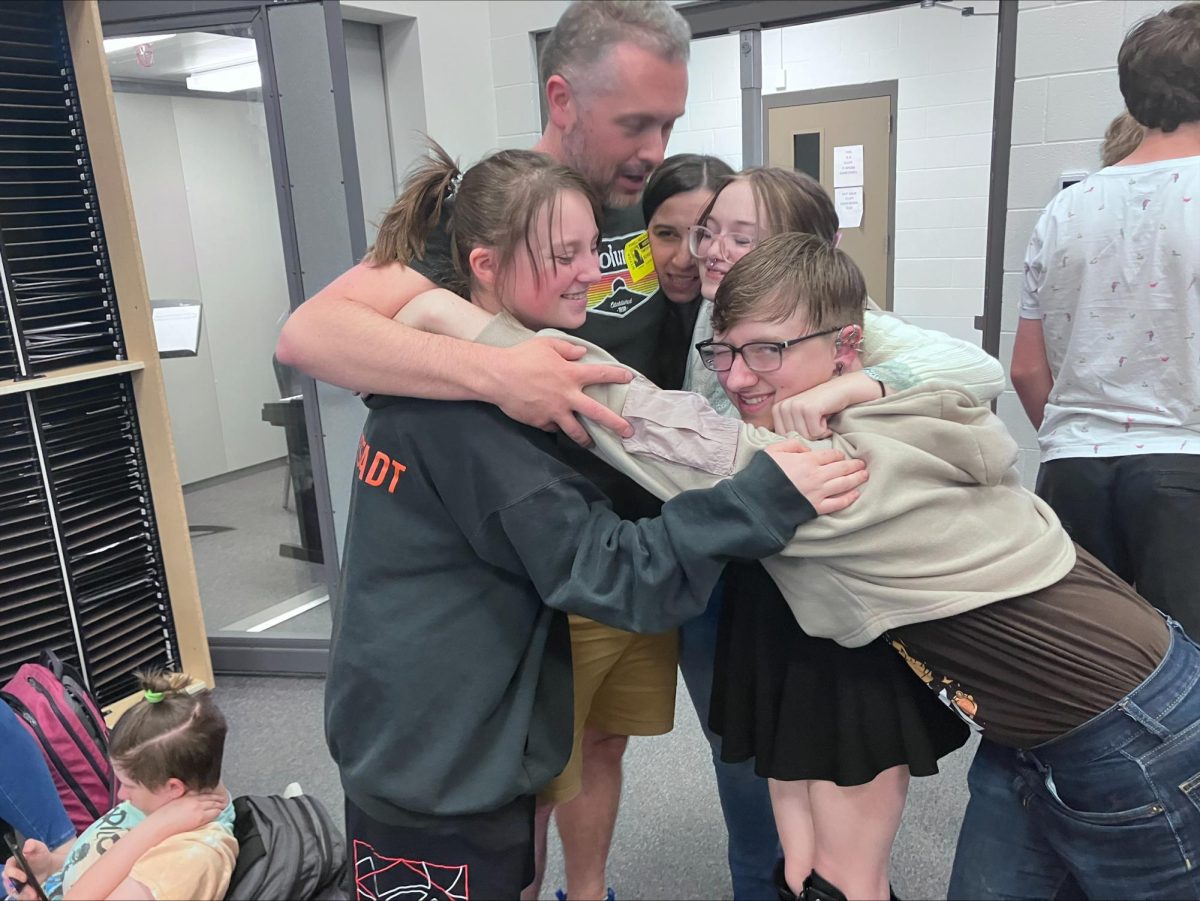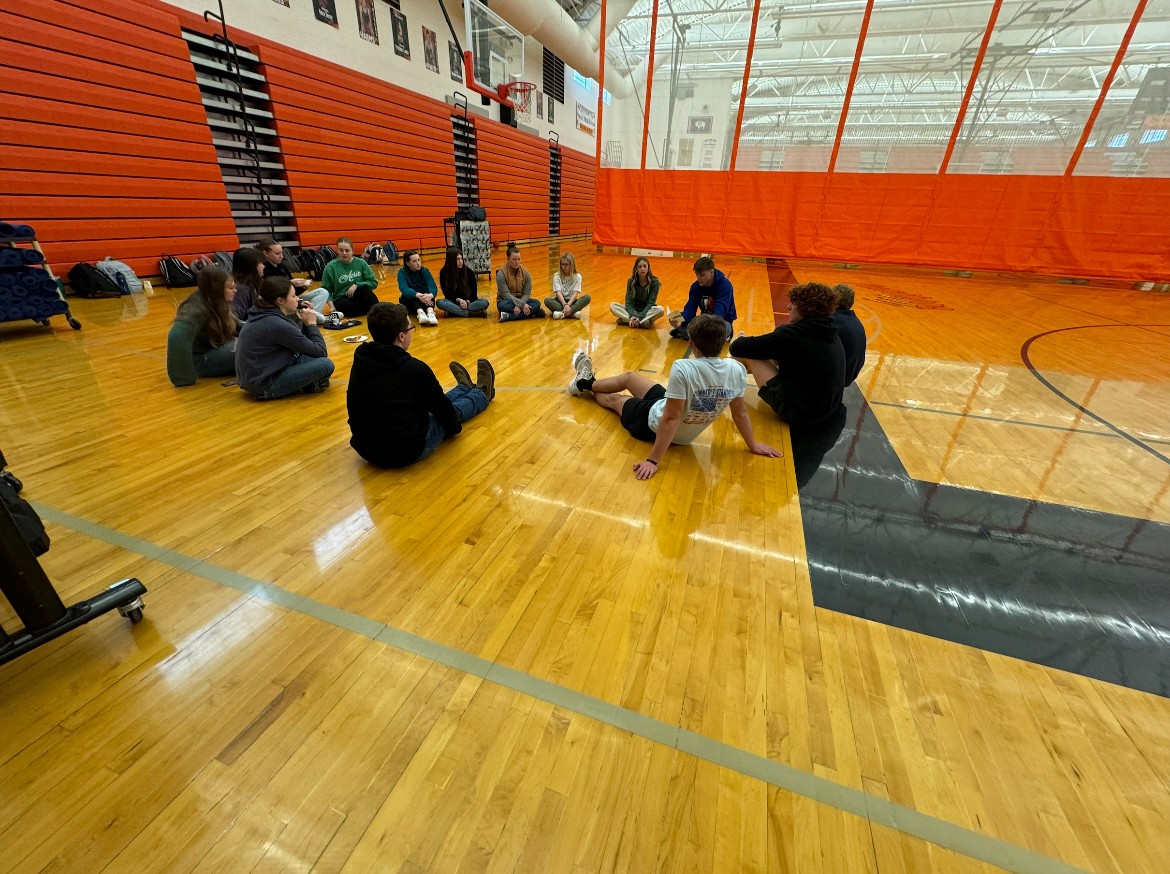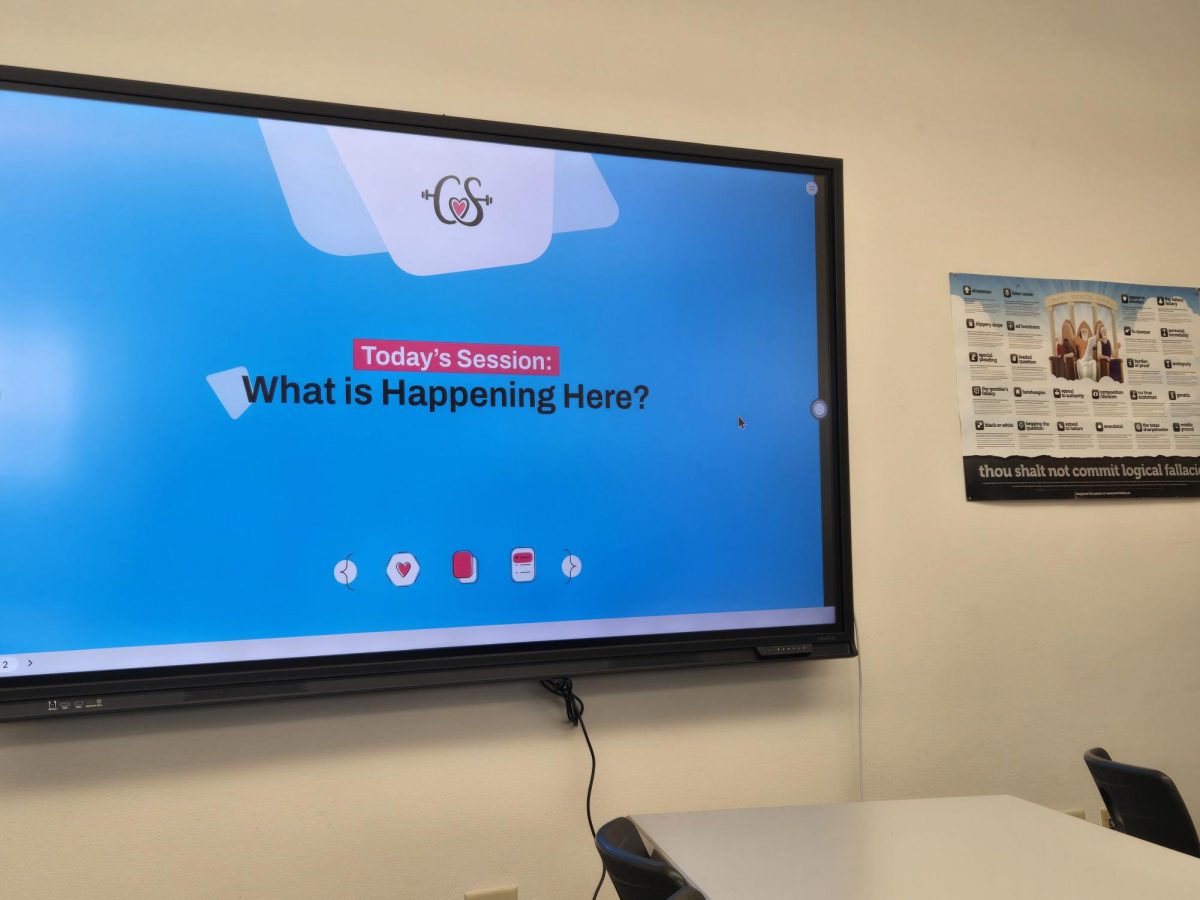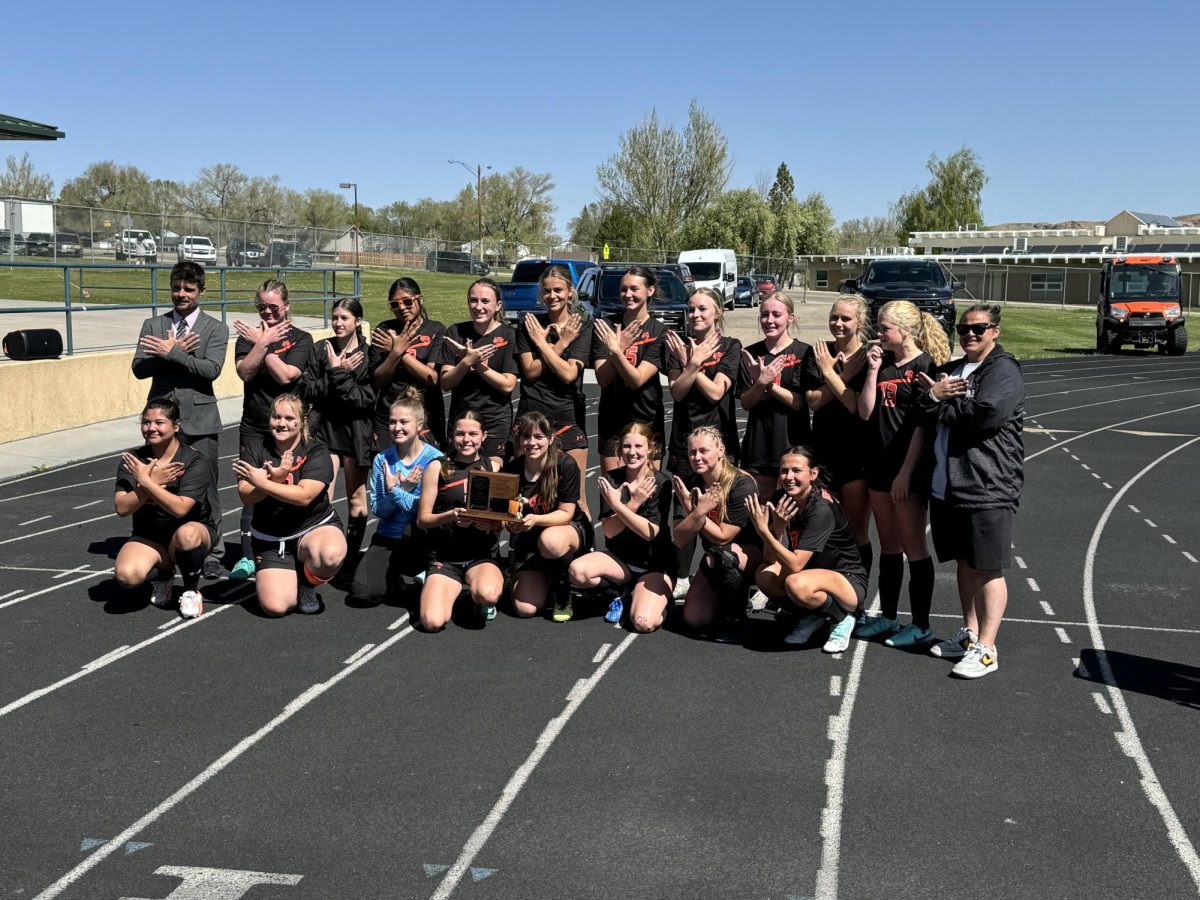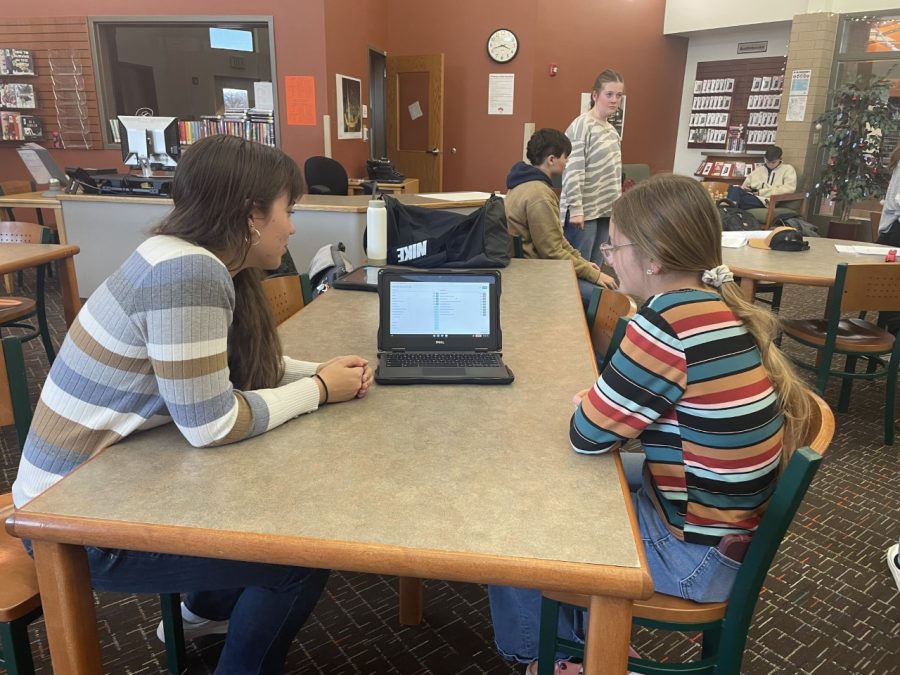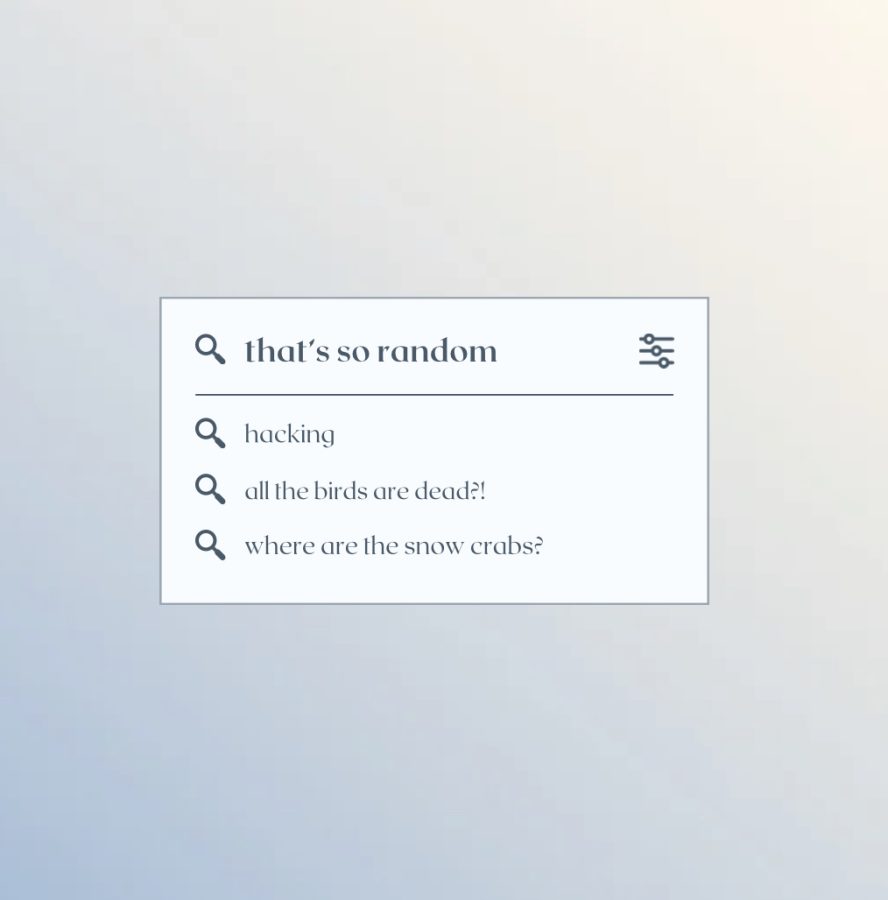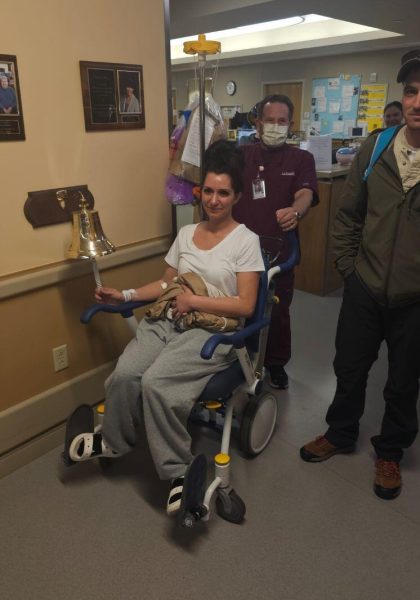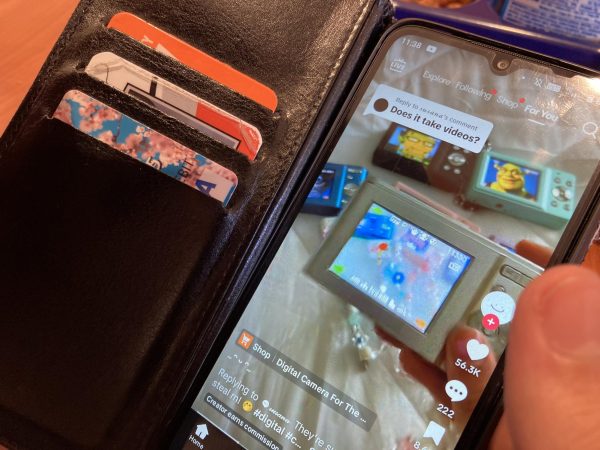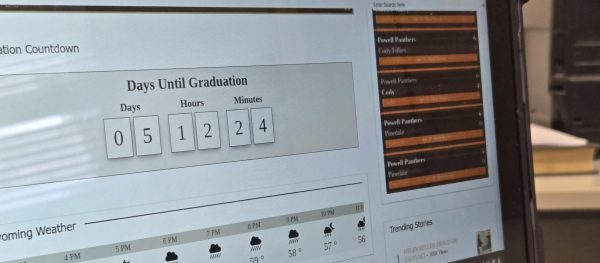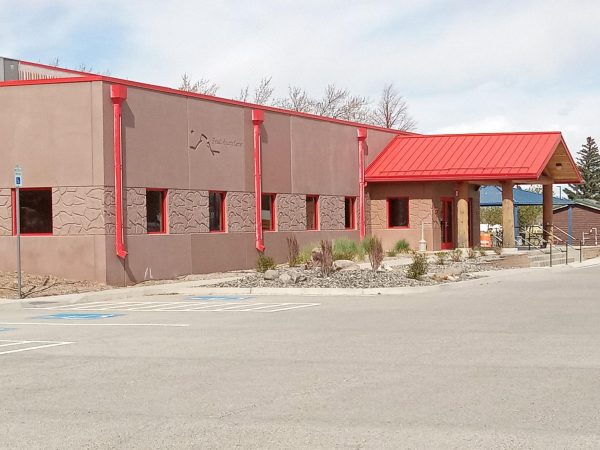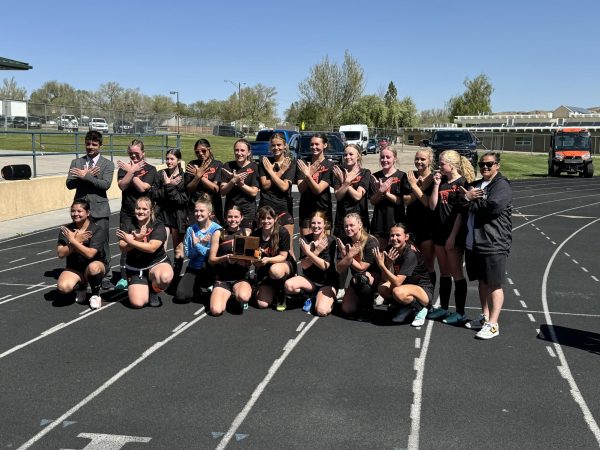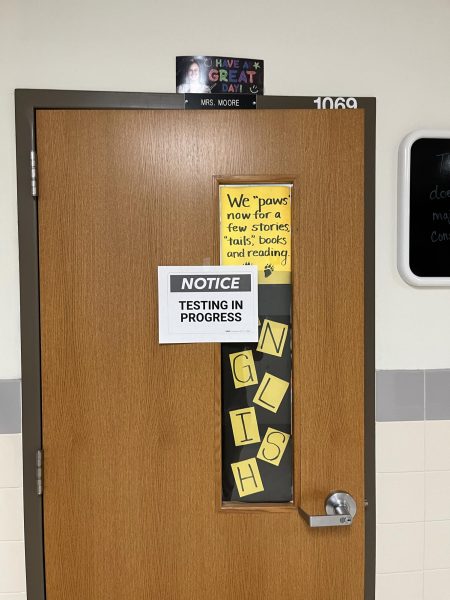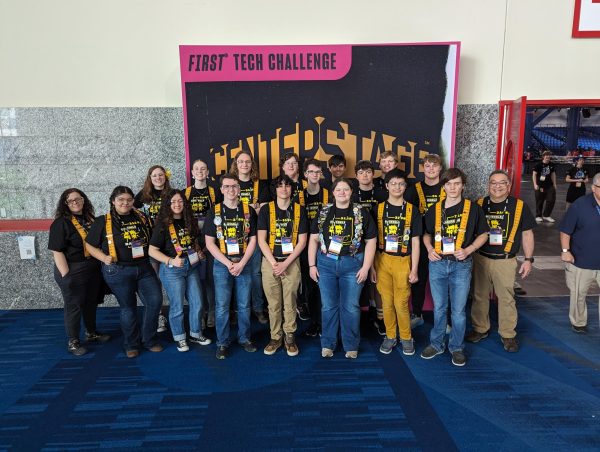THAT’S SO RANDOM: HACKING
An insight on Ransomware and Hacking
Photo Courtesy of Emma Johnson
This story is part three of the That’s so Random Series.
Hacking has been around since the introduction of the personal computer back in 1974. Today, half a century later, hacking has grown exponentially with an estimated cyber attack occurring nearly every 39 seconds.
According to the University of North Georgia, “64% of companies have experienced web-based attacks. 59% of companies experienced malicious code and botnets.”
On March 2 the White House released a report stating that ransomware attacks have now been classified as a national security threat.
According to the National Insider Threat Taskforce or NITTF, “[A national security threat] is a threat posed to U.S. national security by someone who misuses or betrays, wittingly or unwittingly, their authorized access to any U.S. Government resource,”
The NITTF was created by the United States government in 2011 after the Wikileaks incident leaked news and government information to the public. Since its conception, the NITTF has assisted in investigations such as the Edward Snowden leak in 2013 and now ransomware.
When a company is attacked by ransomware, the company’s software becomes blocked from proceeding in its normal functions until a sum of money is paid to the hackers. In 2020, The University of California at San Francisco was subjected to one of the famous uses of ransomware, just as their medical department was working on creating a cure/vaccine to the COVID-19 pandemic. With this attack in particular, the hacker, Netwalker, was able to walk away with over 1 million dollars in Bitcoin.
It’s not just universities and companies that are being attacked by hackers. Even at Powell High School students have experienced the negative side effects of being hacked. [Hackers] sent an email out to a bunch of students. I had to apologize to the students and the teacher that [the hackers] also sent it to. — Jaxton Matthews
“[Hackers] sent an email out to a bunch of students,” sophomore Jaxton Matthews said. “I had to apologize to the students and the teacher that [the hackers] also sent it to.”
Even though students that are hacked don’t play a role in the initial attack, they still need to apologize for behavior they had no part in. While hacking does not seem to have an end in the foreseeable future, it’s important that the people responsible for the attack are blamed, not the victims.


